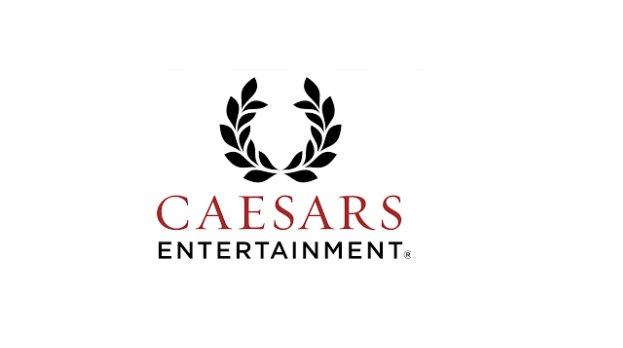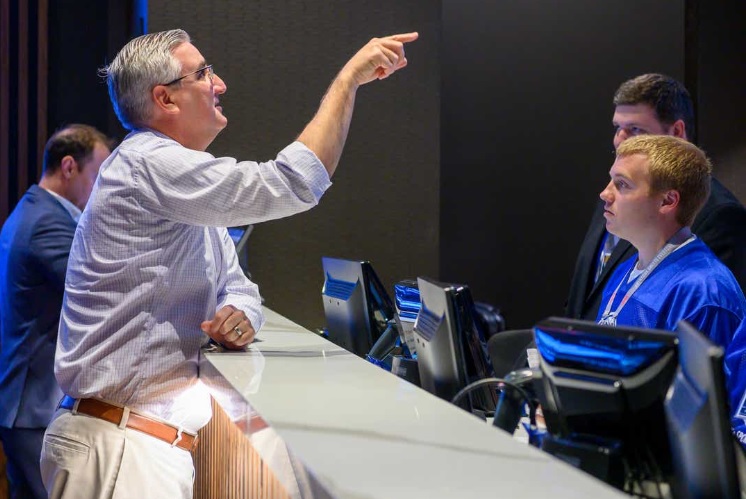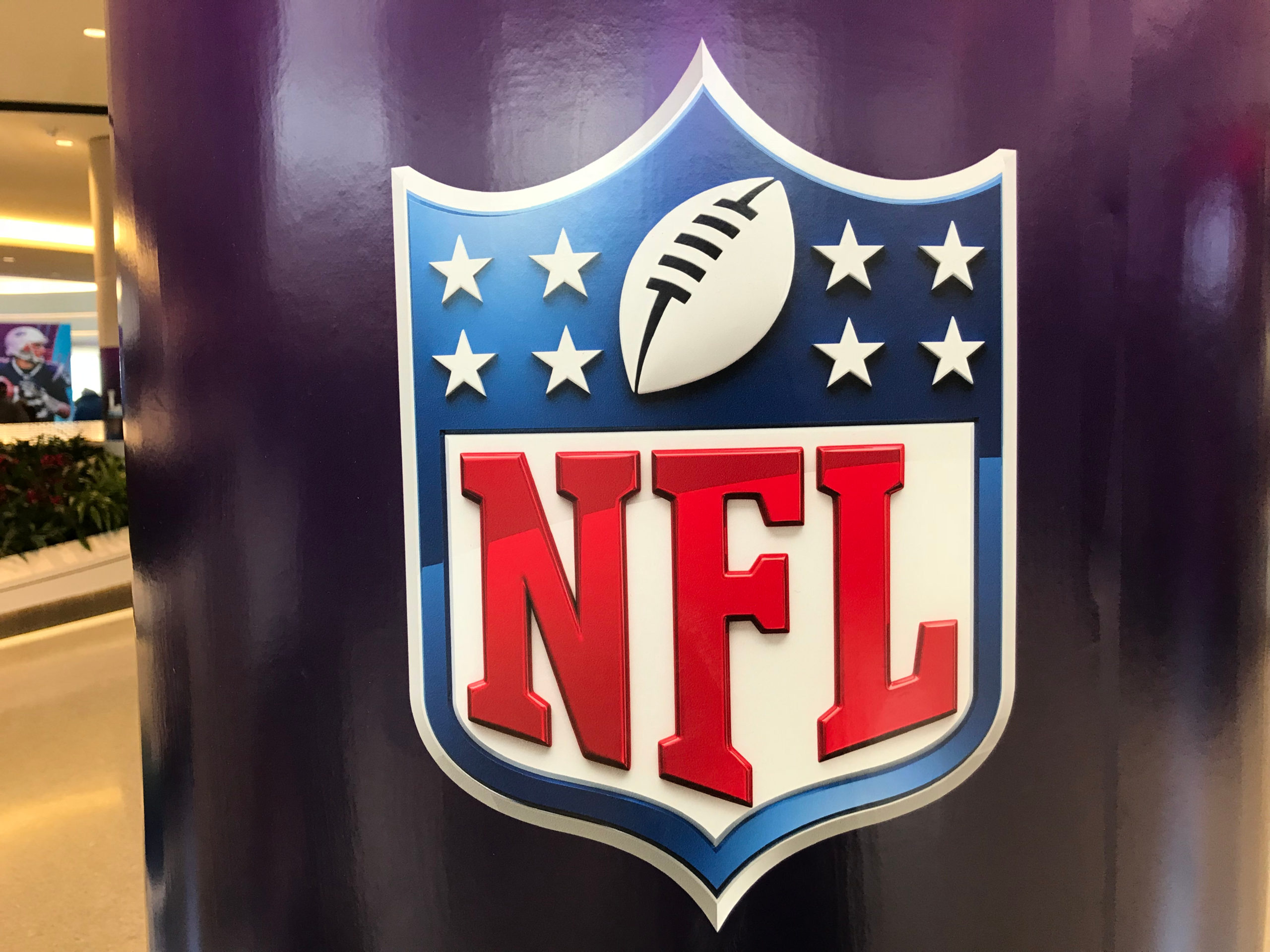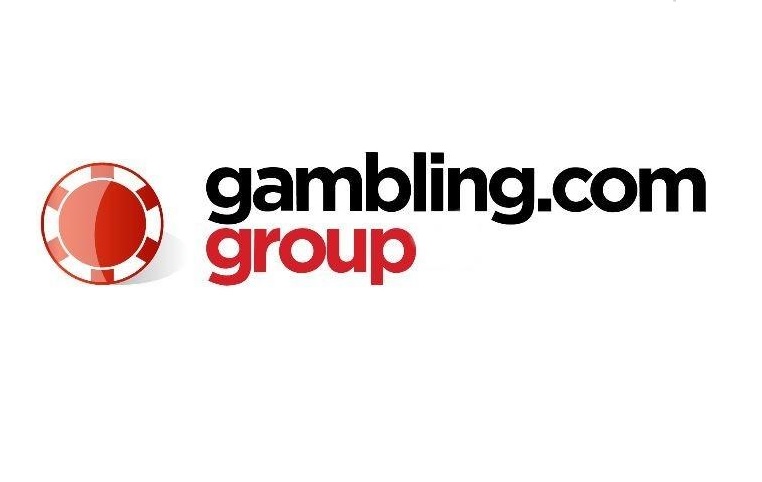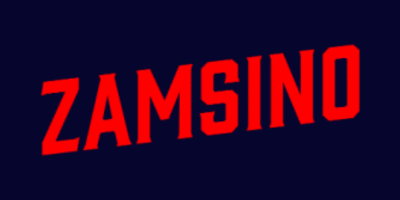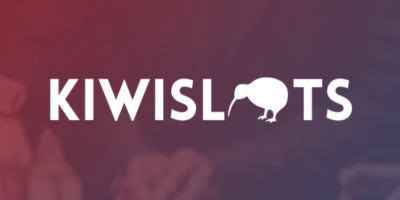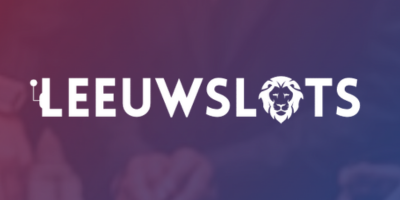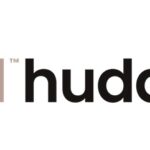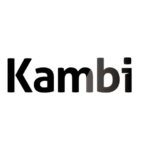ESPN Bet’s struggles could bring down Penn Entertainment. By David McKee
At the outset, it looked like a winner: Marry the brand of the foremost sports network with a popular, regional casino chain and hope to break into the top echelon of online sports betting. But it hasn’t worked out that way for ESPN Bet and corporate parent Penn Entertainment.
Initially, when the ESPN/Penn combination hit the OSB marketplace last fall, there was an intense flurry of curiosity, fueled by myriad signups and downloads. But the lookie-lous have proven fickle. ESPN Bet has rarely cracked five percent in market share and usually ranks well below that.

Image: Shutterstock
Admittedly, the first-mover and brand-name advantages of DraftKings and FanDuel present near-insurmountable hurdles, ones which even BetMGM and Caesars Sportsbook, big names both, have been hard-put to surmount. In a June investor note, Truist Securities analyst Barry Jonas opined that there were no second-tier OSB operators in the United States, only DraftKings and FanDuel, plus a raft of third-tier providers.
Part of the problem, from Wall Street’s standpoint, is that the horizon for ESPN Bet profitability continues to recede. Losses have not only mounted but Penn executives seem uncertain of when “traction” will be gained. Recently they stated it would be at the beginning of U.S. football season, only to restate that within a month to late in the NFL calendar.
Such a fluid timeline seems to have been the last straw for institutional investor Will Wyatt. Under the banner of his Donerail Group, he sent a six-page open letter, ostensibly addressed to Penn management but really for the benefit of the investment community.
In his lengthy screed, Wyatt took issue with Penn’s entire OSB strategy, beginning with its investment in controversial Barstool Sports, a $551 million commitment. Foul-mouthed and indiscreet Barstool founder Dave Portnoy proved to be more trouble than he was worth. Last year, Penn decided to ashcan Barstool but had to sell it back to Portnoy for a mere $1.
Wyatt also took umbrage with Penn’s billion-dollar marriage to Canadian OSB provider theScore. He argued that theScore’s limited market penetration (basically Ontario) and revenue didn’t justify the high purchase price.
But Wyatt’s crosshairs were firmly upon ESPN Bet. Wyatt contended, “Penn has been unable to disintermediate the online sports betting landscape,” which led to a 80 percent decline in Penn’s stock price during the 2021-2024 period.
“After its first foray into an online sports gambling platform underwhelmed, PENN thought it wiser to simply give Barstool away in favor of forming a new partnership with ESPN, as the company sought, yet again, to create an entirely new online sports betting business from scratch,” wrote Wyatt. He faulted Penn for “no improvement” in its execution of OSB and for escalating negative returns on investment, including a half-billion dollars (estimated) for 2024.
The Donerail document criticized Penn’s board for “an obstinate and heightened level of confidence in the company’s management team,” as well as “exorbitant amounts of money” paid to CEO Jay Snowden “notwithstanding the continued earnings misses, guidance cuts, and stock-price underperformance.”
Without using the exact term, Wyatt particularly faulted Snowden for engaging in pump-and-dump stock transactions. He accused the CEO for selling off large blocs of Penn shares right after happy-talk announcements about online performance.
Then there was Snowden’s pay package, $99.3 million for the 2020-2023 period. It was described as beyond “what we would view as reasonable, given the objectively poor business and stock-price performance.
” The As You Sow investor-advocacy newsletter had already made Snowden the poster child for CEO overcompensation or “a case-study of wrongdoing.”
Wrote Wyatt, “To shareholder detriment, PENN has not been able to demonstrate the management expertise necessary to build a business that could become a formidable competitor in the online sports betting oligopoly. The company’s inability on each interactive initiative has resulted in a loss of market confidence and the stock being dragged down with it …”

Image: Shutterstock
“The continued deflating guidance misses represent a biting uncomfortable contrast to not only the stable cash flow profile that the company enjoyed for years.”
He weighed $4 billion in interactive investments against the value of Penn’s brick-and-mortar assets, faulting management for continuing to pursue its OSB strategy.
Pointing a finger of blame at Snowden, Wyatt wrote that Snowden’s four-year tenure had coincided with a 40 percent decline in Penn’s stock price, while shares of the overall gaming group appreciated 60 percent. “It is rare that we have ever seen such a sustained and underwhelming underperformance under the same CEO without intervention from a company’s board of directors.”
However, Wyatt did not call for Snowden’s sacking. He proposed other drastic solutions to Penn’s perceived malaise but not that one.
Continuing in the same vein, Wyatt asked whether board members were “really just riverboat gamblers, content with doubling down after each loss – of shareholder capital, of management confidence, of board credibility.”
Deriding ESPN Bet as Penn’s “newest bright and shiny object,” Donerail and Wyatt concluded by asking “that the board take a moment to reflect objectively on the past four years of execution, assess the shareholder capital that has been destroyed, and recognize that shareholders may simply be tired of continued gambling on uncertain outcomes.”
While Penn did not immediately comment on Wyatt’s nostrums, which included calling for the sale of the entire company, it was not completely unresponsive. J.P. Morgan met with top Penn execs and found them not only unmoved but determined to double down on ESPN Bet. Wrote Greff, Penn “continues to be focused on top-of-funnel acquisition from the ESPN database and reiterated its laser focus on ESPN BET product improvements and ESPN ecosystem integrations ahead of the football season, which management believes will ultimately grow its wallet share.”
Penn brass told Greff they continue to perceive “strong and improving trends” in both downloads of ESPN Bet and market share. They believe college and NFL action will improve their share of consumer spending. Taking a long-term view, Penn executives stated they can operate profitably with 10 percent market share, plus greater cost efficiencies.
They believe this is particularly true “around the potential for meaningfully lower marketing spend on non-ESPN properties than current expectations.”
But Wyatt’s damage may have been done. Wall Street analysts began to talk of Penn as a takeover candidate and by June 19 Boyd Gaming was stealing a march on the competition. Nevada Independent gaming correspondent Howard Stutz sussed out a new hire at Boyd, Director Michael Hartmeier. An investment banker by trade, Hartmeier, it was speculated, was engaged to help with merger-and-acquisition strategy.
Later that day, Reuters, citing unnamed sources, said Boyd was exploring a takeover of Penn. Whether it was a complete absorption or, as Stutz mused, a consumption of pieces and parts was left unsaid. But in a subsequent investor note, Deutsche Bank analyst Carlo Santarelli came down on Stutz’s side.
Santarelli believed that Penn’s casino and iGaming assets might be worth $25 per share to Boyd (a 25 percent premium to the Penn share price) … but not ESPN Bet. The latter would probably be spun off to any third party willing to pay $500 million or more for it. Prospective suitors for the OSB network were not named or even speculated upon.
What a comedown, in less than a year, for ESPN Bet – from contender to orphan. Could anyone have foreseen it?
*** This exclusive feature interview was originally published in the July 2024 edition of Sports Betting Operator Issue 011 ***




